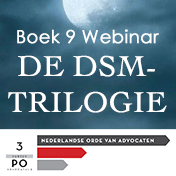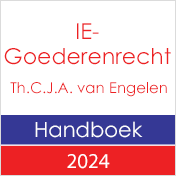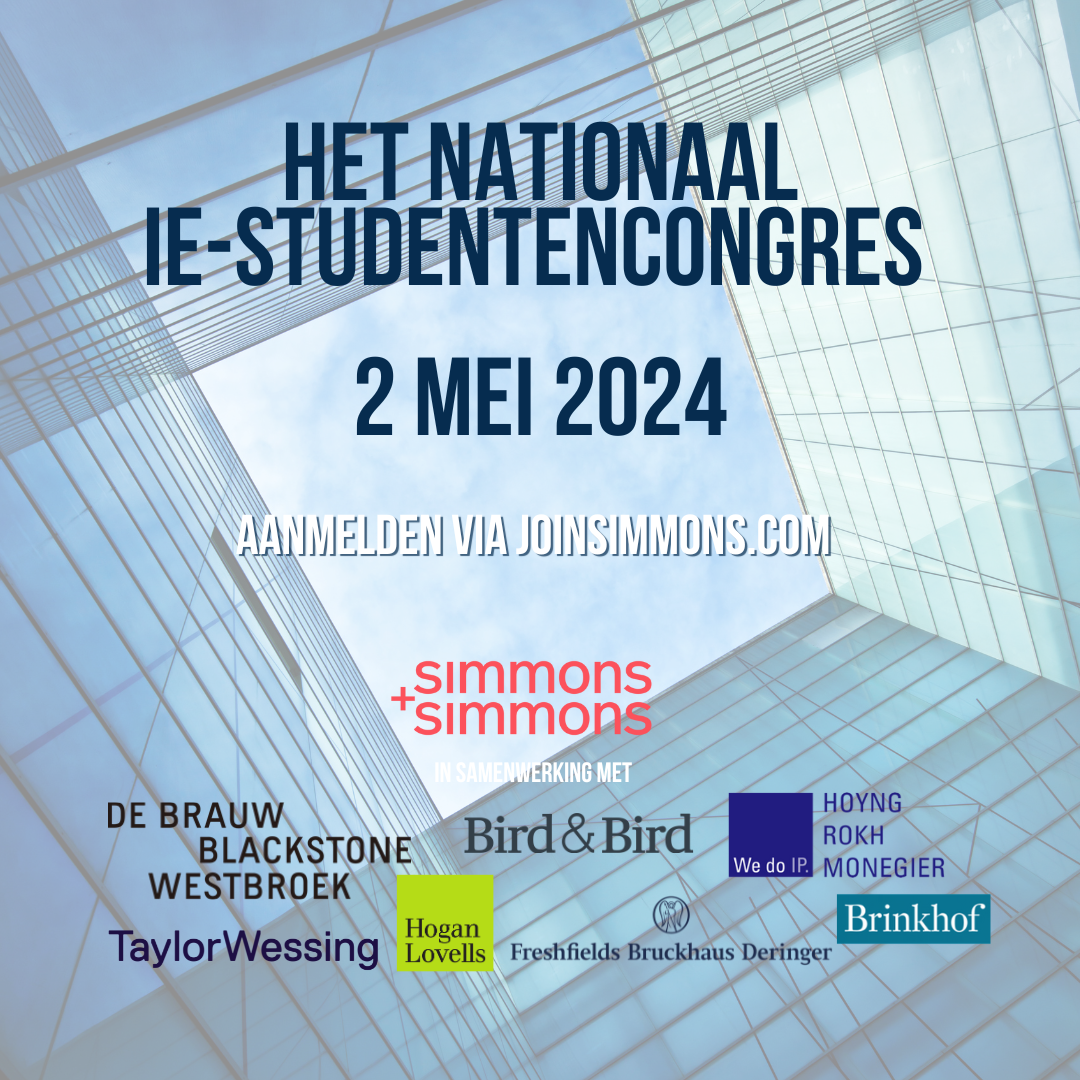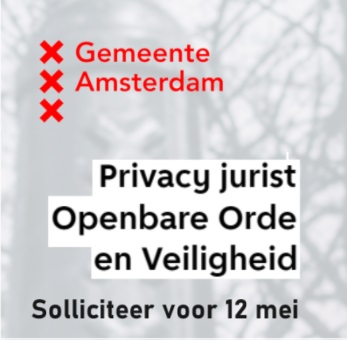
B9 10279. Speech Neelie Kroes (Commissie EU, Digital Agenda) bij de opening van de Frankfurter Buchmesse, 13 October 2011.
"Books support European society, spreading cultural and political ideas, preserving intellectual discovery, or simply providing intelligent entertainment. But the form of the book is not the most important thing; it is the jam which counts, not the jar. (…) The digital transition stands to revolutionise how we access information. And the emergence of alternative ways of reading – in particular e-books – stands to transform the publishing sector.
(…) Second, we must address copyright. Copyright contributes to the cultural and economic development of society. New business models are bringing copyright-protected works to larger audiences, across the EU. And we need a copyright system which helps this dynamic creative culture here in Europe. Such a system needs to balance the rights of all. (…) Balancing these different rights is indeed challenging: particularly for fields like audiovisual where pan-European licensing is not standard practice. That is, fortunately, not a particular issue in the book market. I know that, as a general rule, publishers are doing a good job in cross-border licensing. I am optimistic when I see, even for audiovisual works, that very challenging questions about the relationship between copyright issues and the internal market are being tackled, as the recent "Premier League" case shows. Premier League brought actions against a number of pubs using non-UK pay-TV subscription services to show live Premier League matches. The Court of Justice held that national legislation which prohibits the import, sale or use of foreign decoder cards lawfully placed on the market in another Member State is contrary to the Treaty. This is music to my ears. But even in that case, which will certainly have significant effects for consumers as well as audiovisual content creators and distributors, it is noteworthy that the voluntary decisions of rights-holders remain at the centre of the system.
Lastly, public authorities can build demand for commercial digital content. The Directive we have proposed on Orphan Works, currently before the Council and Parliament, will help do this: although targeted chiefly at public-interest works, the large-scale digitisation which results will help build a user base that can also become a driver of demand for commercial digitised works.
Lees de gehele speech hier.



























































